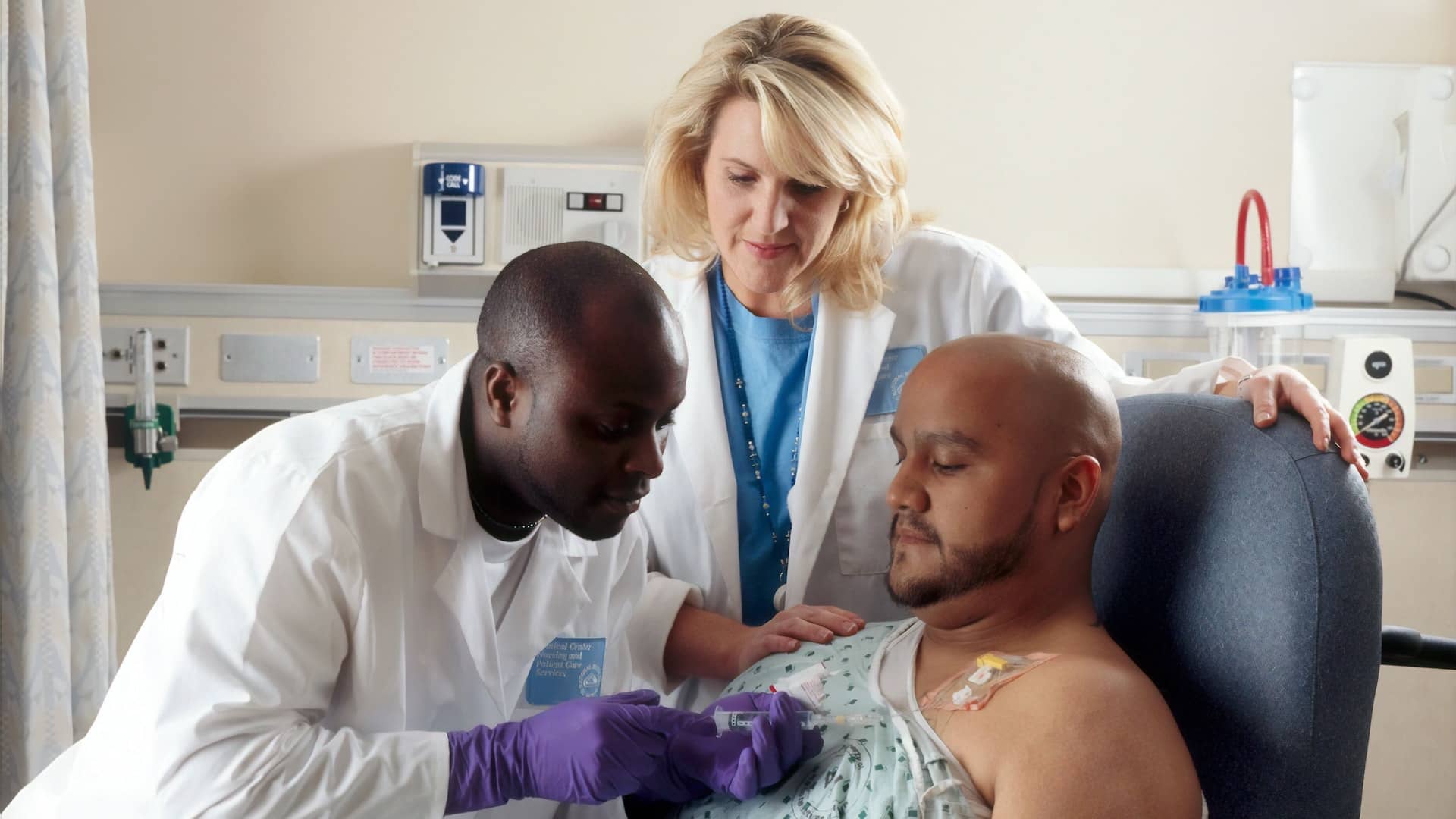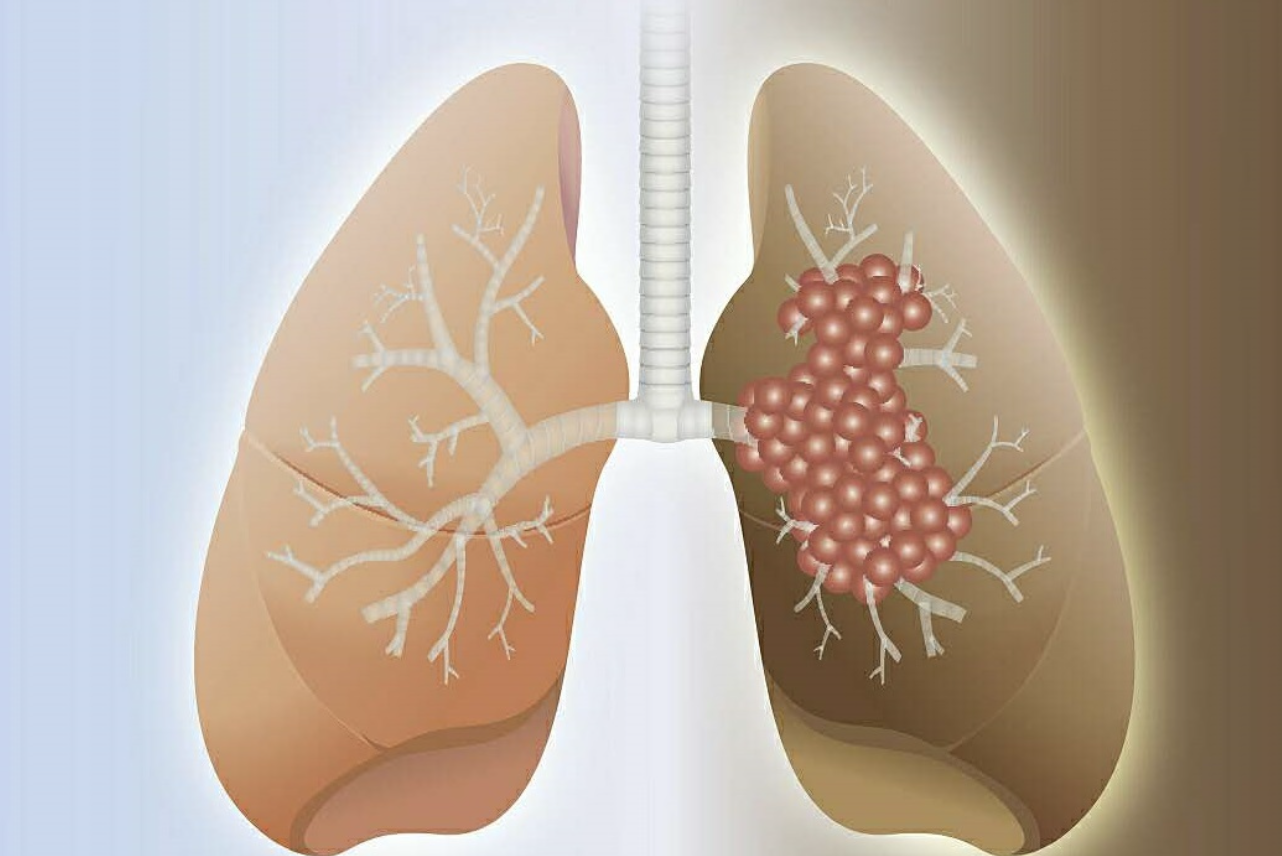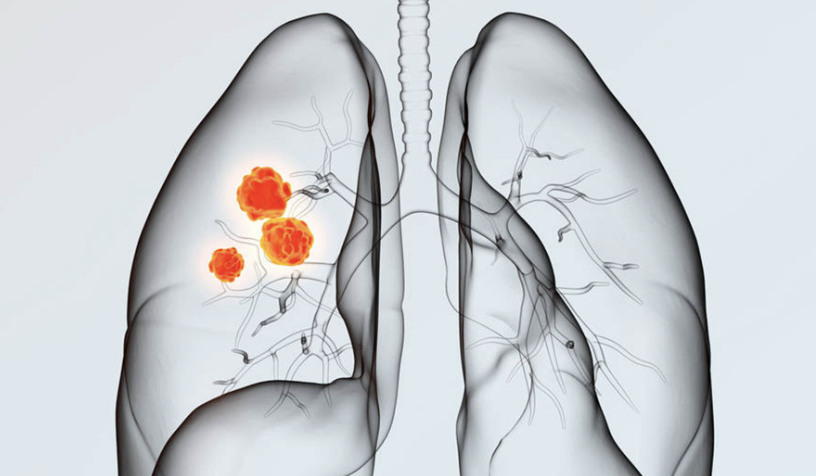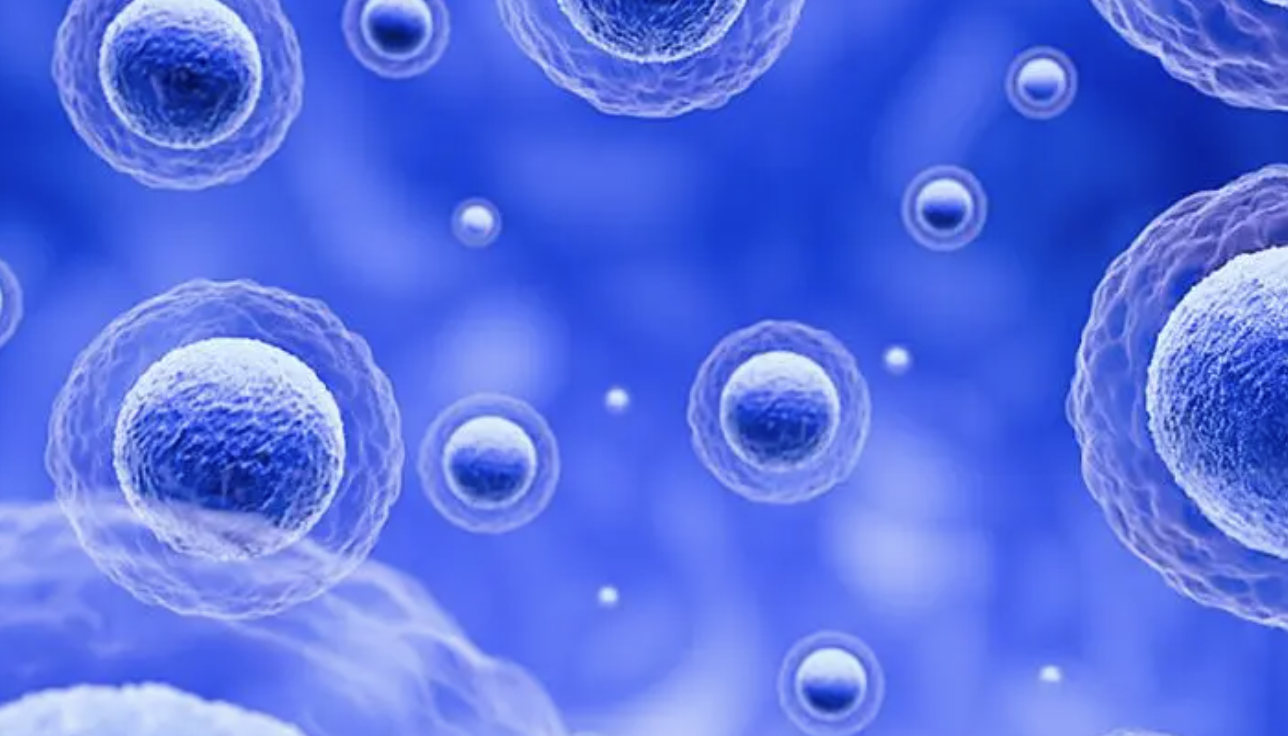According to data from an ongoing Phase I/Ib clinical trial (NCT04374877), an innovative IL-27 inhibitor called SRF388 has shown promising results in studies for the treatment of locally advanced or advanced non-small cell lung cancer (NSCLC), which undoubtedly brings new therapeutic hope to the majority of lung cancer patients!

The study showed that two of the nine patients with NSCLC who received the recommended dose (RP2D) of SRF388 for Phase II clinical trials showed significant tumour shrinkage (PR) and an overall remission rate of 22%, both of whom had squamous lung cancer.
In addition, as of 24 August 2022, one patient with lung adenocarcinoma who responded to SRF388 has achieved sustained stabilisation for more than 56 weeks.
All three patients with controlled tumours were previously treated with the immune checkpoint inhibitor PD-1/PD-L1 and chemotherapeutic agents and had tumour progression.

"We are excited about the demonstrated efficacy of SRF388 monotherapy for patients with recurrent non-small cell lung cancer, an area where patient needs are far from being met," said Rob Ross, MD, CEO of Surface Oncology, in a press release.
"Based on the results in patients with recurrent non-small cell lung cancer, we have initiated a second phase of SRF388 monotherapy in such patients with locally advanced, late-stage non-small cell lung cancer, and the first cohort of patients in this phase has already begun treatment to investigate SRF388 in combination with pabrolizumab in lines 2-4 of lung cancer therapy. "
SRF388, a fully human IL-27 inhibitor, works by suppressing the activity of immunosuppressive cytokines. In simple terms, it impairs the ability of tumours to escape the immune cells on which they depend.
IL-27 appears to play an important role in the immunosuppressive tumour microenvironment and may contribute to resistance to treatment with immune checkpoint inhibitors such as PD-1 and PD-L1 in patients with lung and liver cancers as well as kidney cancer.
Preclinical studies have shown that the use of SRF388 blocks the immunosuppressive biology of IL-27 and therefore has anti-tumour effects as a monotherapy, or in combination with other cancer therapies such as PD-1 to treat tumours.

In the second part of this study, SRF388 monotherapy is being evaluated in the treatment of patients (40 each) with non-small cell lung cancer and hepatocellular carcinoma (HCC). Notably, the trial was also planned to enroll 40 patients with renal cell carcinoma (RCC); however, Surface Oncology announced that due to encouraging data in lung and liver cancer, the study has stopped enrolling patients with kidney cancer and is focusing on lung and liver cancer only.
Patients recruited for lung cancer needed to be diagnosed with locally advanced or advanced non-small cell lung cancer and these patients had disease progression during or after standard treatment and no other available standard therapy was available at the time.
Tumour remission rate is the primary objective of Phase 2 of this study, followed by duration of remission, disease control rate, progression-free survival, pharmacokinetics, pharmacodynamics and drug safety, among others.

In Phase 2 (which has already started), SRF388 will also be evaluated in combination with pablizumab (Keytruda) in non-small cell lung cancer that has progressed after previous 1-3 lines of therapy, including chemotherapy and PD-1 immune checkpoint inhibitors.






